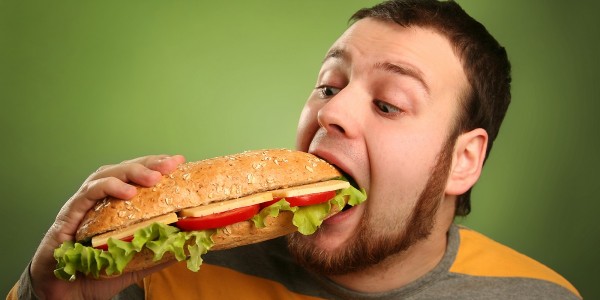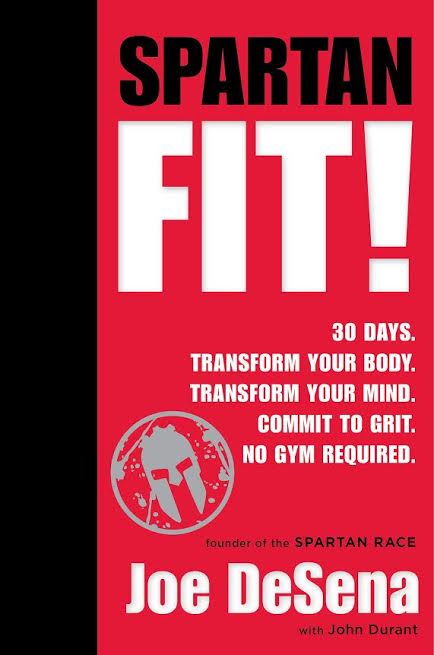“I have been doing the Atkins Diet, Zone Diet, South Beach Diet, Low Fat Diet, etc.” I have heard these words thousands of times when people come to us to talk to us about getting help with their nutrition. Some of them had tried multiple diet approaches, others had just tried one or two. What most of them had in common was one thing: They had failed!
One review in 2000 stated that only 15% of people were successful in keeping a significant amount of weight off over the long term.
My assistant Annalyn and I have been going through dozens and dozens of articles for this blog, she rocks by the way!
So, is it all futile? Is there a chance that we even can make it?
What diets are there? – Some Popular Ones
The Atkins Diet limits sugar tremendously and is a high protein, high fat diet. It comes in 4 stages with the first one being the most restrictive (20g/day of carbs) and the last stage a maintenance stage 45-100g/day of carbs)
Zone Diet: The zone diet is comprised primarily of colorful veggies and lean proteins with veggies being in the majority. The goal of the zone diet is to reduce inflammatory processes in the body. [insert picture zone diet]
Paleo Diet is a whole, primarily unprocessed foods diet that has an emphasis on lean meats & fish with vegetables. It cuts out dairy, grains and legumes completely saying that we should eat like our cavemen ancestors. The results would be a leaner body similar to our forebearers.
The South Beach Diet (SBD) was originally introduced by a cardiac physician who was looking for an alternative to the low fat, high carb diet that was not working for his patients. The SBD is a combination of the zone diet and the atkins diet. It comes in two stages with a more restrictive phase and then reintroducing some foods.
The Low Fat Diet originally developed in fighting heart disease recommends fat contents between 10-35% of the total caloric intake/day.
The Vegetarian Diet consists of foods that are primarily from plant sources, though foods like honey, eggs, milk are allowed depending on preferences. Whereas the vegan lifestyle does not permit any foods from animal sources.
Now this is by far not a completed list of diets, modifications etc. I am not trying to create an encyclopedia here. What it does show though, is that there are many different approaches to nutrition. What works and what does not?
The Myth – Do this and you will be successful
Proponents of each diet will tell you that their way is the only way. Sometimes there is an almost religious zeal exhibited by followers of one diet. Equally with that religious zeal comes often the propensity to only look at evidence supporting their thinking process. I do not exclude myself from that, I think we all do it [hold on need to find research that supports that…lol].
Luckily Johnston et al (2014) published an interesting study in which they compared diet programs and their success rate over 12 months. The results supported what most of us in the field already suspected. The best diet in regards to fat loss is [insert drumrolls]…the one you can stick with… Yes you heard right. It is not diet x, y, or z but rather the one that you can actually do. It seems that over the period of 12 months the low carb diets or low fat diets did equally well in regards to weight loss. The low carb diet was slightly more successful but the differences were not statistically significant. So, if it does not matter which diet I pick to lose weight, why do a diet at all. Well, it seems that people who follow a diet overall lose more weight than those who don’t.
What to do now?
Now that you are aware that there is not really one single diet to adhere to in order to lose weight, you will need to figure out what actually works for you. The fitness industry’s platitudes certainly don’t. Be very careful what a celebrity healthcare professional or celebrities in general will tell you. They might get kickbacks from those organizations. There are no compensations here (I probably would be driving a different car, lol).
Well, you could simply try each diet and see if you can stick with it. Livestrong actually provided a pro and con to some of the popular diets, same as eatingwell.com. You will find both in the references and can look more deeply into the matter.
I like the easy approach
I don’t like difficult. As in my last blog post about lasting change and the difficulty we have with change, we need to make the change is easy as possible. Let’s start with the final result. Most of my clients don’t look to have a six-pack. They often want to lose some pesky pounds that they gained during: pregnancy, college, 30 years of work, etc. They have no ambition to become a bathing suit model, at least they stop when they realize what they have to do in order to get there.
Having said that, unless you have a medical condition, losing weight and maintaining a healthy range (BMI 20-24.9) does not take terribly much.
The end result of how nutrition should look like:
- You are eating vegetables and/or fruit with every major meal (ratio 2-3:1). You have leafy greens, broccoli, cauliflower, stone-fruit and berries.
- You have some sort of protein with each meal. As much as I don’t like soy products they don’t seem to have an overall negative impact on testosterone in men, unless consumed excessively. Sources of protein are (beef, pork, poultry, fish, whey, vegetable protein, cottage cheese, & greek yogurt).
- You should consume fat. Fat does not make you fat, eating too much does! Overconsumption of energy of all forms leads to you gaining fat. The lower your metabolism the less of pretty much anything you can eat before gaining weight. Choose fats from avocado, virgin pressed olive-oil, nut butters, coconut oil, seeds, etc. Stay away from vegetable oils, cottonseed oils etc.
- Carbohydrates in from of starchy carbs like potatoes, sweet potatoes, rice, etc have gotten a bad reputation lately. In essence, they are neither good, nor bad. They fulfill an important role in our energy consumption in that they deliver energy faster than any other substrate (proteins or fats). If you work out a lot you might have to have a higher intake, if you are a desk warrior like most people, reduce the intake. Keep it to whole foods, no fried stuff. Have some oats, sweet potato, quinoa, etc. Stay away from cereals, since most of them are laden with sugar anyway.
Fast and Furious versus Slow and Steady
Which works better?….Wait for it… Big Surprise: We don’t know for sure! It seems like making changes fast works better, at first . The reason behind that is the suspected motivation through progress. Here it gets tricky though! People are not studies, they have individual differences and challenges that are rarely accounted for in studies. If you are overwhelmed by the effort that you are supposed to make, and rather quit than change your behavior then making slow changes might be better.
How to choose the changes to start with. I usually ask my clients to tell me what change in the eyes would come the easiest to them, as well as have the biggest impact on their goals. So two things need to be met: I want them to choose an easy one, and one that has the biggest impact on their fitness goals. At the end of one year the difference will not be that big. Remember you have to do what works for you, not for a fitness nut like me that does not have anything else to do but write this blog and eat cookies… I mean broccoli.
What does not work
Here is a list of things that don’t work:
- A diet that takes too much effort during your busy efforts of the day (I am sure you would have never come up with that one :D)
- A diet that let’s you feel hungry all the time (go figure, who has the willpower at the end of the day?)
- A diet excluding food groups can be difficult to do for some people. This really depends on the individual it works for some and others rather commit suicide by chocolate and wine.
- Does it make you moody? If you are really bitchy and in a bad place (and therefore everyone else around you), it might not be the right thing for you!
- Does it promise you that exercise is not necessary? Well, good luck with that. It usually does work….for about 3-8 weeks. After that point people usually get stuck.
Conclusion
Strive for a whole foods diet. Eat veggies, eat protein, eat fats, eat some starchy carbs (some, not the whole pasta bowl). If you think it should be more complicated, be my guest. For most of my clients this works just fine and no calorie counting necessary!
Happy Day,
Michael
Ayyad, C., & Andersen, T. (2000). Long‐term efficacy of dietary treatment of obesity: a systematic review of studies published between 1931 and 1999. Obesity reviews, 1(2), 113-119.
Johnston, B. C., Kanters, S., Bandayrel, K., Wu, P., Naji, F., Siemieniuk, R. A., … & Jansen, J. Resources:P. (2014). Comparison of weight loss among named diet programs in overweight and obese adults: a meta-analysis. Jama, 312(9), 923-933.
https://en.wikipedia.org/wiki/Low-fat_diet
http://examine.com/faq/is-soy-good-or-bad-for-me/
http://www.healthline.com/health/atkins-diet#HowItWorks2


Leave A Response